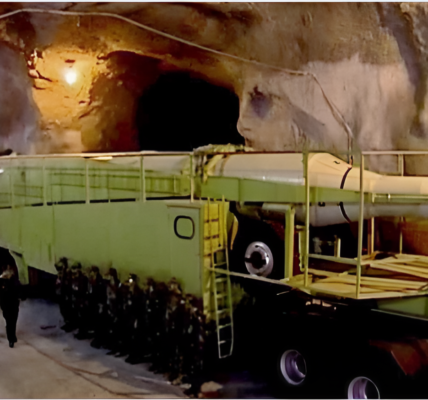
June 7, 2021, marked the 40th anniversary of Operation Opera, the Israeli Air Force’s daring strike on Iraq’s Osirak nuclear reactor, just 17 kilometers from Baghdad. This marked the first-ever preventive attack on a suspected nuclear weapons program, setting a precedent for the use of force in halting nuclear proliferation in the Middle East. The operation also represented the combat debut of the U.S.-made F-16 Fighting Falcon, marking a pivotal moment in both Israeli military history and the broader geopolitical landscape.
The Osirak reactor, supplied by France and operated with French technical support, was not definitively confirmed to be aimed at developing nuclear weapons. However, Iraq’s pursuit of nuclear capability posed a strategic threat to Israel, particularly given Iraq’s growing tensions with Israel’s regional rival, Iran, and Israel’s own nuclear monopoly. In the late 1960s, Israel had already developed its nuclear arsenal, and following the Osirak strike, the Israeli government formally embraced the “Begin Doctrine.” This doctrine, named after Prime Minister Menachem Begin, asserted that Israel would prevent any Middle Eastern country from developing nuclear weapons, maintaining Israel’s exclusive nuclear deterrence in the region.
The timing of the Israeli attack was critical, coming at a time when Iraq under President Saddam Hussein had aligned itself more closely with Western powers, including the United States. At this point, Iraq was deeply involved in the Iran-Iraq War, which was receiving substantial Western support. As a result, the U.S. and other Western nations strongly condemned the Israeli airstrike. U.S. Vice President George H. W. Bush even advocated for economic sanctions against Israel, and the U.S. temporarily suspended deliveries of new F-16s to the Israeli Air Force. However, due to the rising threat of Soviet-aligned Syria, the U.S. quickly reversed its stance, resuming military aid to Israel.
The Israeli raid on Osirak remains a defining moment in Israeli military history, often described as the Israeli Air Force’s finest hour. The operation utilized a combination of newly delivered F-16A Fighting Falcons and F-15A Eagles. The F-15s, equipped with superior sensors and greater endurance, were tasked with escorting the F-16s to ensure their safe passage. The F-16s, meanwhile, carried two Mark-84 bombs each, weighing 2,000 pounds, designed to penetrate the reactor’s defenses. Despite the presence of formidable Iraqi aircraft, such as the MiG-25 Foxbat interceptors, Israel faced little opposition during the strike. Iraq’s disorganized air defenses and lack of effective combat readiness allowed the Israeli strike force to achieve its objective with minimal interference.
While Israel’s success in Operation Opera was significant, the strike’s broader implications were equally important. It set a precedent for preventive strikes on nuclear facilities, with countries like Israel, India, and the United States considering similar actions against potential nuclear threats in the years that followed. Israel’s 2007 strike on a suspected Syrian nuclear facility, reportedly built with North Korean assistance, exemplified this ongoing policy of preemption, though the full extent of Syria’s nuclear ambitions remains unclear.
The Israeli strike on Osirak also highlighted the complex geopolitical dynamics of the Middle East. While Israel sought to safeguard its regional nuclear monopoly, its actions strained relations with both its Arab neighbors and Western allies, particularly the U.S. and France. Despite this, Israel’s doctrine of preemptive military action against nuclear proliferation has continued to influence its security policy, particularly in relation to Iran’s nuclear ambitions.
As of today, nine countries possess nuclear weapons, and Israel’s doctrine of preventing the spread of nuclear capabilities remains a central tenet of its defense strategy. Whether other nations will follow Israel’s example with similar strikes remains to be seen, as the balance of power in the Middle East and beyond continues to evolve. The legacy of Operation Opera endures, a testament to Israel’s commitment to protecting its security at all costs, even when facing significant international criticism.





